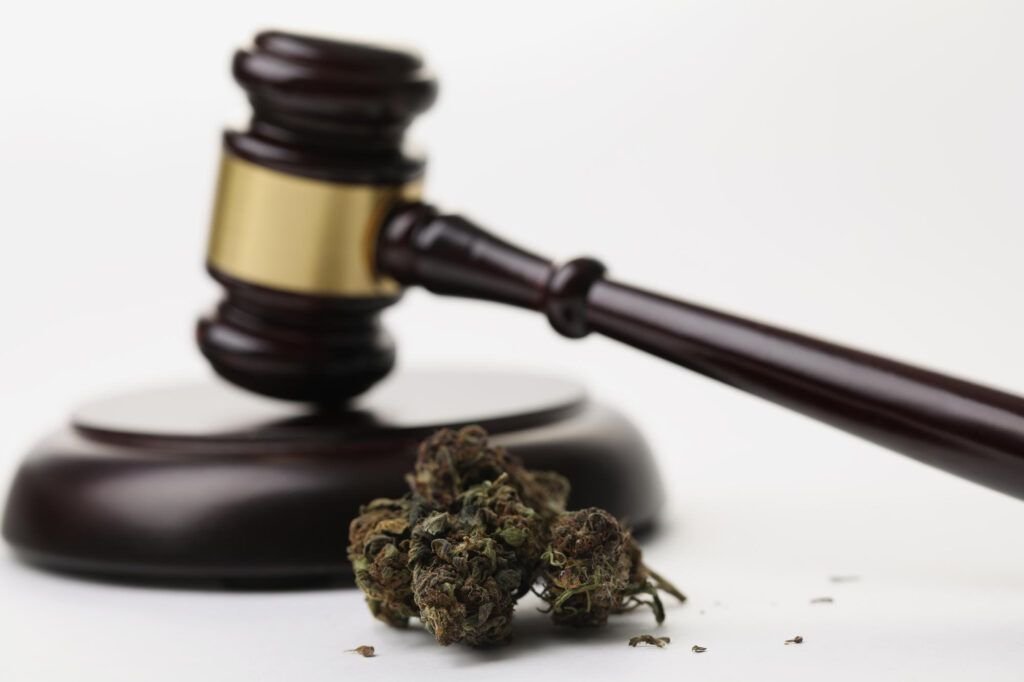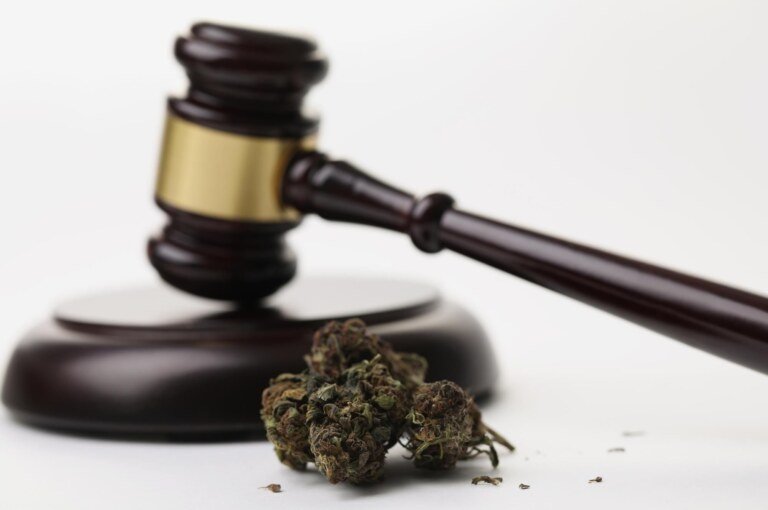The United Arab Emirates has a zero-tolerance policy on drugs. The Federal Law 14 of 1995, commonly known as the “Drug Law,” prohibits the manufacturing, importation, exportation, transportation, purchase, sale, storage and possession of narcotic and psychotropic substances in the UAE.
As part of the country’s most extensive legislative changes in history, the UAE amended its anti-narcotics code. The Federal Decree Law no. 30 of 2021, which went into force on January 2, 2022, includes significant modifications to the Federal Law no. 14 of 1994. The most significant features of the drug law include rehabilitation for first-time offenders, optional deportation for expatriates convicted in drug-related circumstances, and increased penalties for serial offenders.
An additional amendment broadened the jurisdiction of Abu Dhabi’s federal courts to hear solely drug-related crimes, as well as drug trafficking, regardless of where they occur in the country. On Saturday, the government of the United Arab Emirates announced the adoption of 40 new laws as part of its largest-ever legislative changes in 50 years. The UAE is enacting several new laws to help strengthen the country’s legislative framework, including investment, trade and industry, commercial enterprises, residency, internet security, and social issues in preparation for the next 50 years.
The new drug laws allow first-time offenders of personal drug use and possession to get treatment while also limiting drug promotion, sales, and repeated usage through stiffer penalties. The replacement of punishment with treatment for first-time offenders of personal drug use and possession is one of the law’s most significant features.

Under the new law, which goes into effect in January 2022, courts will have greater power to send offenders to specialized rehabilitation and treatment centers that will be built across the country to serve their sentence. However, if the convict is not a repeat offender and has received a medical certificate from the supervisory medical committee within six months following his/her release, he or she will only be eligible for compensation after one year. Those who are already undergoing rehabilitation in a treatment facility as directed by the court, or have not completed three years following their previous treatment, will not be eligible.
Rehab should not last more than a year. Rehabilitation centers are under a legal obligation to maintain the privacy of all information about offenders. Treatment programs are designed to help drug users return to society by providing rehabilitation, sports and vocational training, as well as social integration programmes.
In the cases where the court is persuaded by public prosecution arguments, it has the option to discharge a convicted person from a specialized unit in two situations:
- If the supervisory committee’s medical certificate indicates that the person is ready to be released.
- The law establishes specialized treatment and rehabilitation centers, as well as a committee to oversee the rehabilitation units. Local health authorities are required to establish similar services.
- The cabinet shall create rules to govern the treatment facilities.
- If the supervisory committee identifies any breaches or felonies committed by the offender while under supervision, the court has the option of sentencing him to prison depending on the crime. The time the offender spends in treatment will be subtracted from the overall jail sentence.
Serial offenders face harsher sanctions
Repeat offenders, on the other hand, face more severe penalties under the new legislation. Under the revised law, first-time offenders of personal drug use and possession may have their sentence converted to treatment if they are rehabilitation candidates. The law provides for three degrees of punishment for drug use and possession.
- The sentence for a first-time offender is three months in jail or a fine not less than Dh20,000 and not exceeding Dh100,000, which may be substituted by therapy as determined by the court.
- A conviction for a first violation within three years of the initial conviction may result in a six-month jail sentence or a fine not less than Dh30,000 and not exceeding Dh100,000.
- A third conviction, on the other hand, results in a sentence of at least two years in prison and a fine of at least Dh100,000.
“A fine or imprisonment will be imposed on first-time offenders and second-time offenders, but third-time offenders will face both jail time and a fine.”
For instigating and assisting drug use, the penalties are more severe
- Fines for offenses connected to promoting and encouraging drug use and assisting drug sales have been increased from Dh20,000.
- Anyone who encourages, instigates, or helps another person to use drugs will now face at least five years in jail and a fine of Dh50,000. If it occurred in public gatherings, educational and sports institutions, or places of worship and involved a woman, juvenile, person of resolve, or someone who had been drinking alcohol, the crime will be considered an aggravating factor.
- If the victim was injured as a result of the crime, the offender will be imprisoned for at least seven years and fined at least Dh100,000. If significant harm was caused, the offender will be imprisoned for at least ten years and fined at least AED200,000. If the victim dies as a result of the crime, the offender is sentenced to death or life imprisonment.
- A jail sentence of at least 7 years and a fine of at least Dh100,000 shall be imposed on those who manage, prepare, or set up locations for drug use. The penalty for repeated offenses has been raised to life imprisonment with a minimum fine of Dh100,000.
The new UAE anti-narcotics legislation is part of the most significant legal overhaul in the country’s history, which was announced on Saturday as the nation marked its 50th anniversary and looked ahead to its next five-century journey. The goal of the campaign is to preserve public health and combat drug use, trade, and production in all 50 states in accordance with modern international standards.
Deportation of expatriates is an option
The new legislation eliminates the previous requirement for expatriates convicted of drug abuse or possession for personal use to be deported, allowing courts to choose. The law prohibits visitors and tourists who bring food or perishable goods containing drugs into the country for the first time from incurring legal responsibility. The items will be seized at ports of entry and destroyed by the authorities, according to article 96. Carrying such things will not be regarded as a violation of import, transport, or drug possession laws.
Medical use
The requirement for physicians to submit a request to the specialized medical authority before increasing the dose of any medicine that includes narcotics or psychotropic substances, if their patient’s condition demands so, has been established by law. Only physicians with a valid prescription from the Ministry of Health are permitted to write narcotic or psychotropic medications for patients. Depending on the physician’s area of expertise and adherence to the percentages stated in the decree, he or she may issue such prescriptions. According to Article 59 of the new legislation, any individual authorized to store chemicals that are not in accordance with their use will be fined at least Dh100,000 and imprisoned for at least five years. If the licensed holder used the substance to promote or trade, he or she will receive a sentence of life in prison and a fine of at least Dh100,000 but not more than Dh200,000. The offender will be sentenced to death if he or she has committed a repeated offense.



